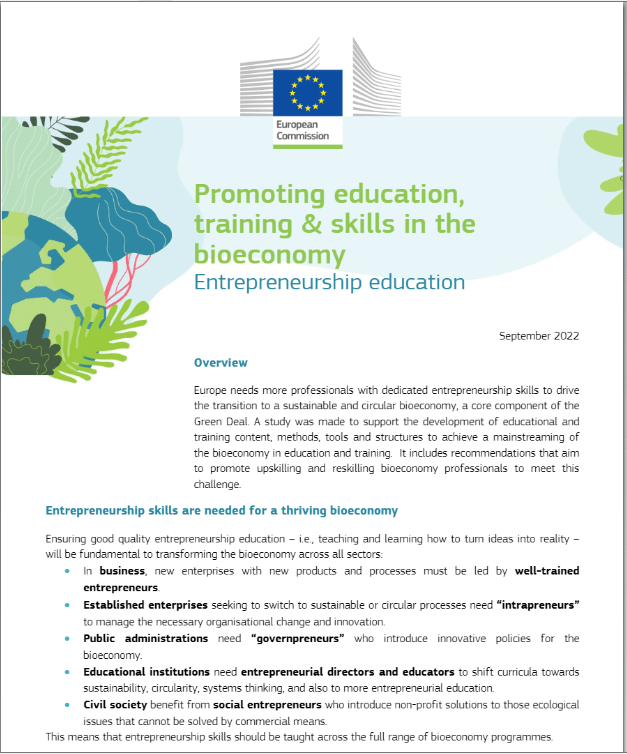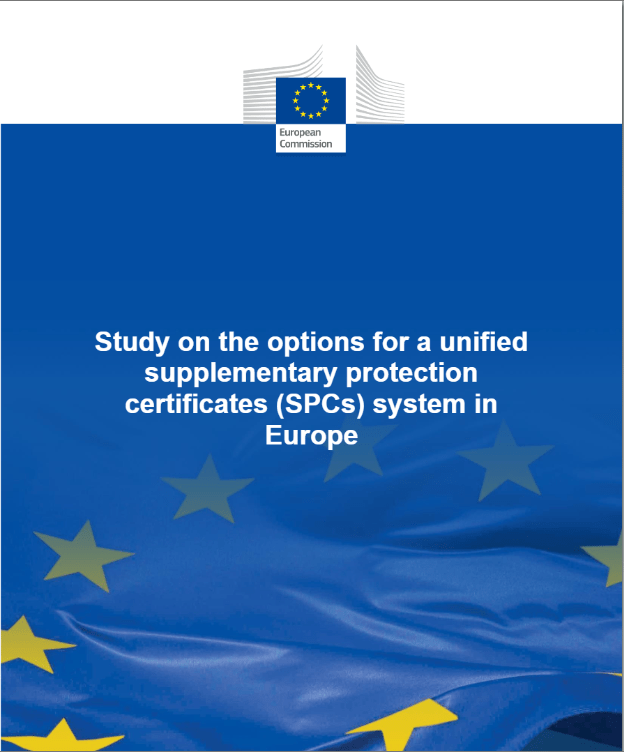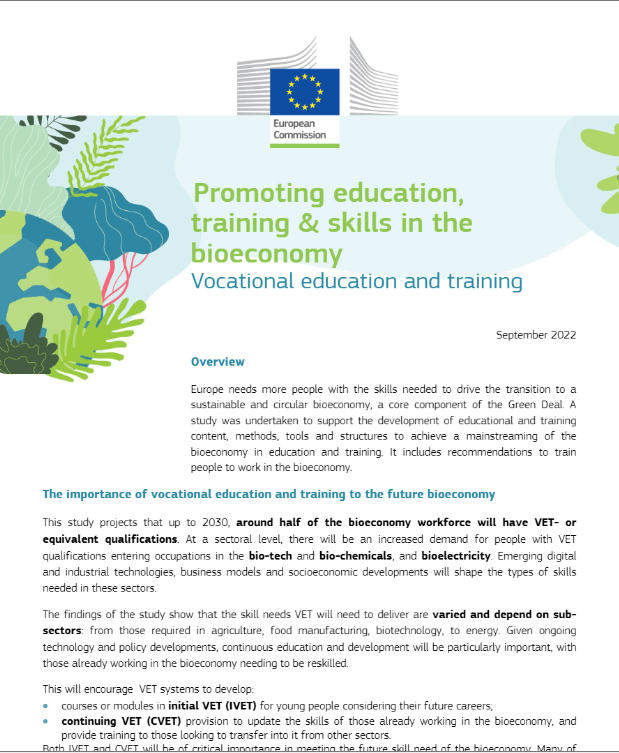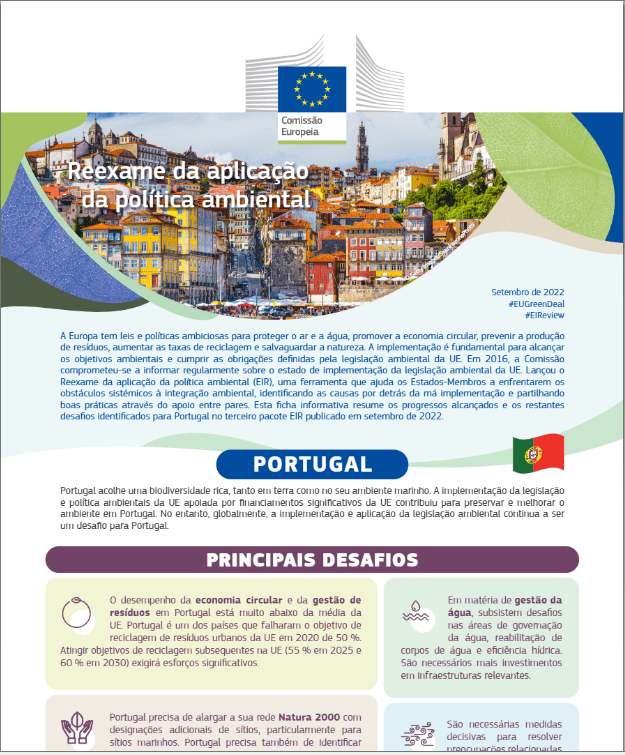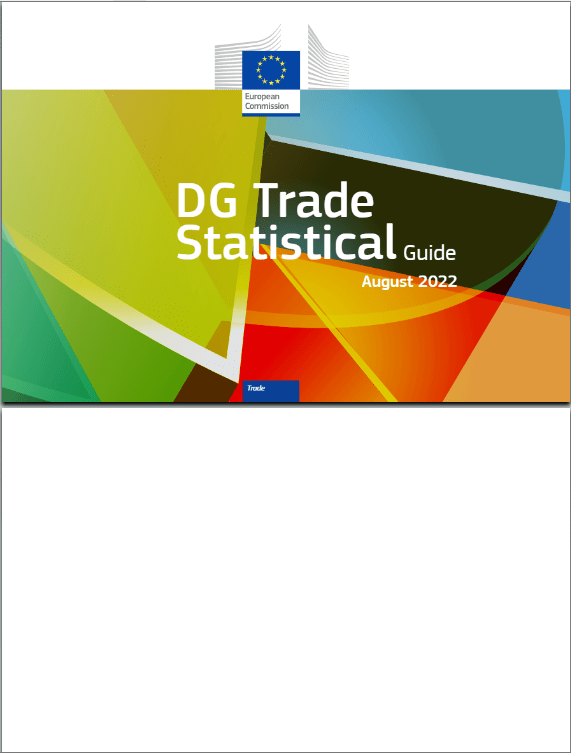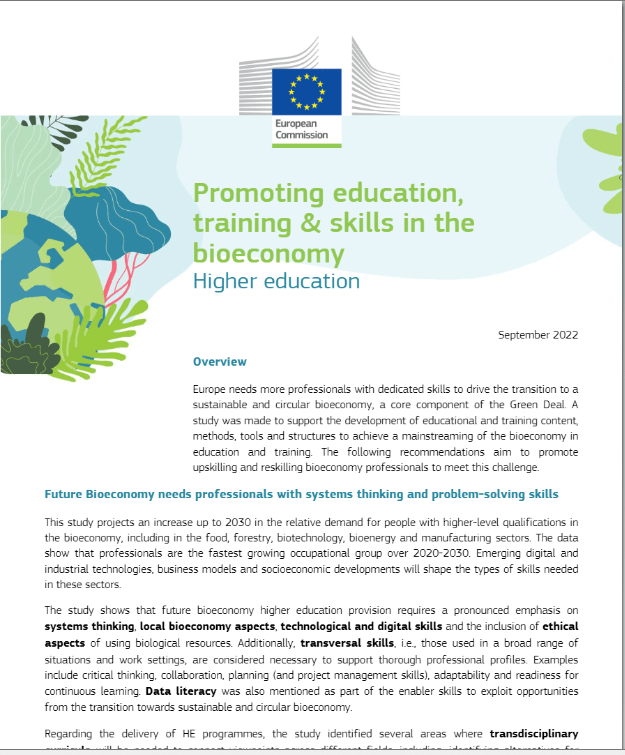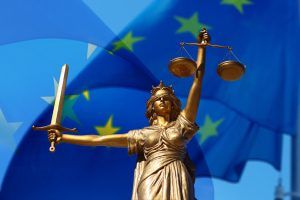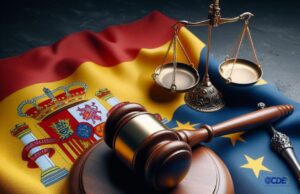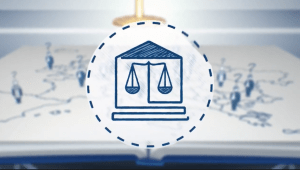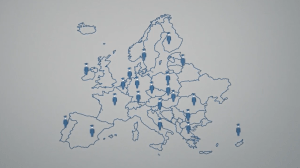
CDE Almería - Centro de Documentación Europea - Universidad de Almería
Centro de Documentación Europea de la Universidad de Almería
Derecho
Legislación, Jurisprudencia, Tratados y Sumarios de Legislación sobre las principales áreas de la política comunitaria. Contiene también las últimas noticias, mediateca y boletines relacionados con la materia.
Estás aquí: Fondo Digital CDE > Derecho

Europe needs more professionals with dedicated entrepreneurship skills to drive the transition to a sustainable and circular bioeconomy, a core component of the Green Deal. A study was made to support the development of educational and training content, methods, tools and structures to achieve a mainstreaming of the bioeconomy in education and training. It includes recommendations that aim to promote upskilling and reskilling bioeconomy professionals to meet this challenge.
[Leer Más]The study deals with the options for creating a unified procedure for examining or granting SPCs on the basis of a regional application, and to this effect considers primarily two options: a PCT model, where a single authority examines a regional application for an SPC by drafting a single examination report, but the NPOs decide whether to grant or refuse the certificate taking into account the report on hand; and an EPC model, where the decision-making power is transferred from the NPOs to the central body and the single authority decides whether a certificate shall be granted or refused. The analysis considers the institutional options for implementing the two models, their respective advantages and drawbacks, their implications for judicial review as well as possible safeguards to mitigate the concerns of some NPOs that the unified procedure could result in lowering the bar for granting certificates currently ensured by their practice.
[Leer Más]Europe needs more people with the skills needed to drive the transition to a sustainable and circular bioeconomy, a core component of the Green Deal. A study was undertaken to support the development of educational and training content, methods, tools and structures to achieve a mainstreaming of the bioeconomy in education and training. It includes recommendations to train people to work in the bioeconomy.
[Leer Más]Europe has ambitious laws and policies to protect air and water, to promote the circular economy, prevent waste generation, raise recycling rates, and safeguard nature. Implementation is key to achieving environmental objectives, and meeting obligations as defined by the EU environmental legislation. In 2016, the Commission undertook to report regularly on the state of the implementation of EU environmental legislation. It launched the Environmental Implementation Review (EIR), a tool that helps Member States address systemic obstacles to environmental integration by identifying the causes behind poor implementation and by sharing good practices through peer-to-peer support. This factsheet summarises the progress achieved and the remaining challenges identified for Portugal in the third EIR package published in September 2022. Portugal hosts a rich biodiversity both on land and in its marine environment. The implementation of EU environmental law and policy supported by significant EU funding has contributed to preserve and to improve the environment in Portugal. Nevertheless, overall environmental implementation and enforcement continues to be a challenge for Portugal.
[Leer Más]This Trade Statistical Guide contains selected tables and graphs outlining the current state of and recent developments in the European Union’s foreign trade, i.e. its trade with the rest of the world. In 2021, foreign trade at global level started recovering from the significant shock caused by COVID-19 in the previous year when world trade in goods contracted by almost 10% and world trade in services by more than 20%. Statistics on trade in goods, trade in services and foreign direct investment are key elements in any description of the trade performance of the EU with the rest of the world. These are published by the statistical office of the EU (Eurostat) and by international organisations such as the World Bank, the International Monetary Fund (IMF), the United Nations (UN) and the World Trade Organization (WTO). The statistics are presented in the form of tables and charts, broken down by main trading partner, product category and year. Supportive statistics such as gross domestic product (GDP), exchange rates and trade by Member State have also been added.
[Leer Más]Europe needs more professionals with dedicated skills to drive the transition to a sustainable and circular bioeconomy, a core component of the Green Deal. A study was made to support the development of educational and training content, methods, tools and structures to achieve a mainstreaming of the bioeconomy in education and training. The following recommendations aim to promote upskilling and reskilling bioeconomy professionals to meet this challenge.
[Leer Más]- « Anterior
- 1
- …
- 541
- 542
- 543
- 544
- 545
- …
- 2.961
- Siguiente »
